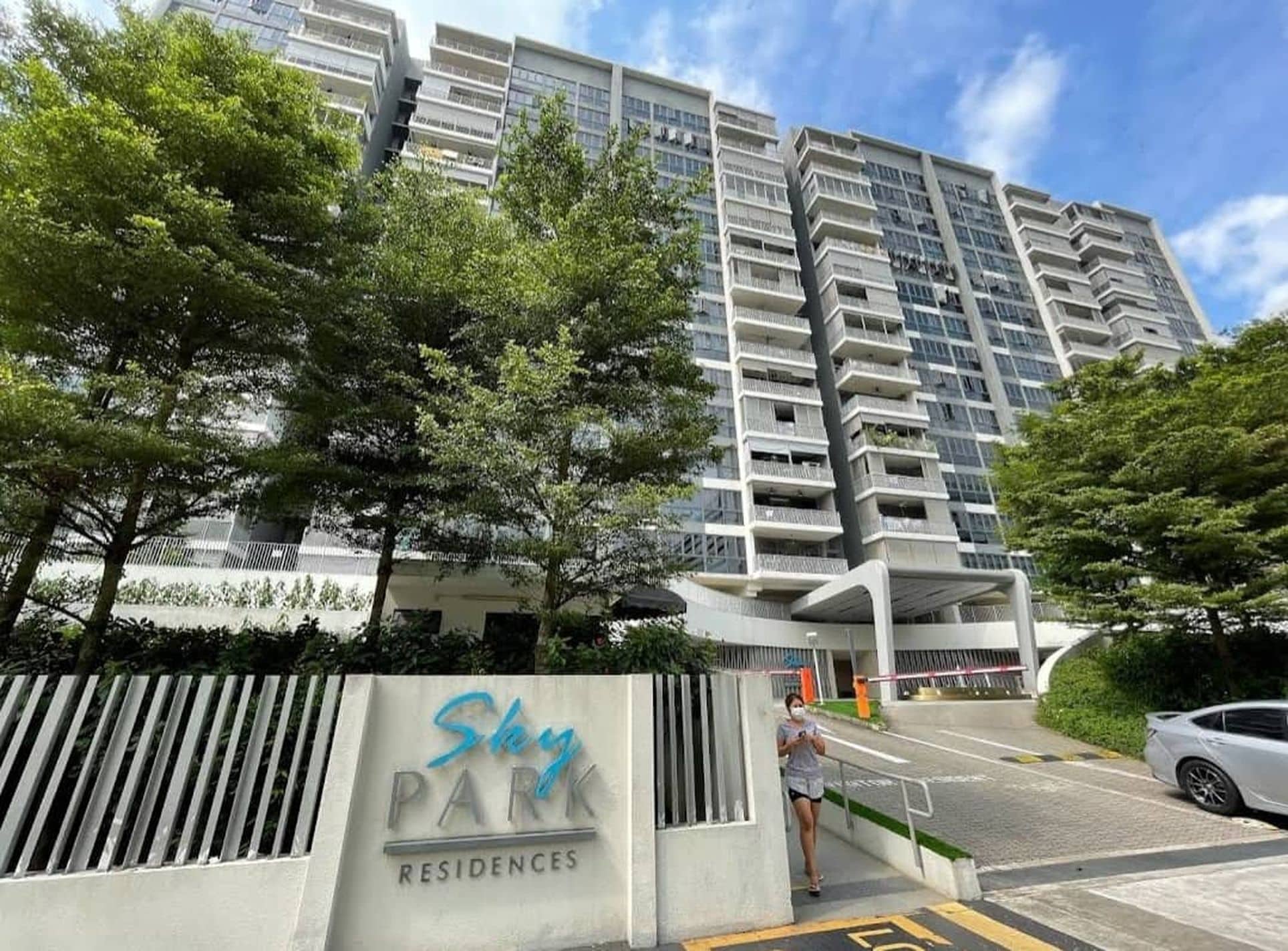"Devices like mobile phones and laptops may also be seized as evidence during the process."
So why weren't K Shanmugam's and Vivian Balakrishnan's mobile phones and laptops seized for investigation into the Ridout bungalow discount rental corruption case?
What it means to have an hours-long ‘lim kopi’ at S’pore’s CPIB
Those familiar with investigations by CPIB say witnesses and accused persons can be questioned for hours at its building in Lengkok Bahru. ST PHOTO: CHONG JUN LIANG
Zaihan Mohamed Yusof
JUL 30, 2023
SINGAPORE – Transport Minister S. Iswaran was at the Corrupt Practices Investigation Bureau (CPIB) headquarters
for about 10 hours on July 18, a week after he was arrested in a corruption probe that also involves
tycoon Ong Beng Seng.
Those familiar with investigations by the anti-graft body say witnesses and accused persons can be questioned for hours at its building in Lengkok Bahru. Devices like mobile phones and laptops may also be seized as evidence during the process.
At these interviews, investigators may record a cautioned statement, which spells out the offence the CPIB is looking into. This statement is necessary when an individual is to be charged.
Lawyer Andy Yeo told The Sunday Times that an accused person is formally confronted with a copy of the charge during a lengthy process where he is given one more chance to respond to it.
Mr Yeo said: “If he doesn’t outline his defence at this stage, then he might be less likely to be believed subsequently.”
If there is enough evidence after the statement is recorded, the interviewee may be placed under arrest and released on bail.
“Bail is usually given and seldom denied,” said Mr Yeo.
The only time bail is denied is when the accused is a flight risk or threatens to harm a witness, or when there is continuing investigations into a wider scope of charges or for serious cases like rape, kidnapping or murder.
Mr Iswaran and Mr Ong are both
currently released on bail. They had to surrender their passports, the CPIB had said earlier.
ST spoke to three people who were called in over corruption allegations, and lawyers who had clients who were investigated by the anti-graft body.
They spoke of invitations by “Uncle Sam” to the “White House” – a moniker the bureau earned for keeping Singapore clean of corruption – to “lim kopi” (drink coffee), which means an interview.
Those who have been to the headquarters say there is an actual “lim kopi” sign in the building.
The CPIB decided to rename a meeting room at the Lengkok Bahru premises as “Lim’s Kopi”. PHOTO: CPIB
Lawyer S. Balamurugan said he had clients who were called in for interviews that stretched for more than four hours.
“(It) could be due to the complexity of the cases, the number of witnesses, and because the investigators had to go through voluminous documents or forensic documents, essentially the details,” said Mr Balamurugan.
He had at least 10 clients who were interviewed by the CPIB in his 23 years of practice.
Another senior lawyer, who asked not to be named, said investigators could also interview several people linked to the case at the same time.
“Most times, there are simultaneous interviews going on in different rooms,” said the lawyer.
“They cross-check (information), they wait and then verify information... Another reason why it takes time is because they are screening your phone and looking at messages before they ask you questions,” said the lawyer with more than 20 years of experience.
Former Fifa referee T. Rajamanickam was investigated for corruption in 1994 over a football match Singapore played against Kelantan in April that year.
He said officers searched his home and later took him to the CPIB office, which was then in Hill Street.
“I was taken into a small air-conditioned room, where, for the next 12 hours, I was interviewed by a few investigating officers (IOs),” said Mr Rajamanickam, 72.
In that period, he was given “kopi” and fed. Different IOs interviewed him several times, often asking the same questions in different ways.
“I was not fearful,” Mr Rajamanickam said, adding that he did not think he was involved in match fixing.
But he later admitted in a signed statement that he had received $1,000 from a known bookie and businessman, Mr Rajendran R. Kurusamy, then 34.
Former Singapore football international K. Kannan (left) and former referee T Rajamanickam, whose life bans were lifted by the Football Association of Singapore on March 15, 2022. PHOTO: V.K. SANTOSH KUMAR
Mr Rajamanickam pleaded guilty to receiving the money for arranging for Malaysian soccer referee K. Nadarajan to be lenient to the Singapore team in a Premier League match against Kelantan. Singapore won 1-0.
In October 1994, Mr Rajamanickam was sentenced to eight months’ jail and fined $1,000 for accepting $1,000 as a bribe. A second charge of corruptly receiving RM 5,000 (S$1,450) from Mr Rajendran was taken into consideration.
He was also handed a lifetime ban from all football activities and deregistered from the Football Association of Singapore (FAS) referees’ list in 1994. FAS
lifted his ban on March 15, 2022.
“It’s very sad because today I could have been riding high in Fifa... giving lectures or being a match commissioner at one of the World Cups,” he said.
In the CPIB’s 70-year history, its officers have interviewed people from all walks of life – from businessmen to forklift drivers to powerful people, including ministers.
The bureau, which was set up in 1952, also investigates complaints from anonymous sources.
In 2022, of the 234 corruption-related reports it received, 100 – or 43 per cent – were anonymous.
The CPIB previously said it assesses anonymous reports based on the merit of the information provided. Of the 83 cases registered for investigation in 2022, 13 cases – or 16 per cent – came from anonymous sources.
Most cases the anti-graft body investigated in 2022 were from the private sector. Public-sector-originating cases accounted for 14 per cent of all cases registered for investigation that year.
The conviction rate for CPIB cases is above the 95th percentile. In 2022, it was 99 per cent.
On its website, the anti-graft body said: “The consistently high conviction rate for CPIB cases is testament to the quality of the bureau’s investigation to be able to stand up to scrutiny in court, as well as the close working relationship between CPIB and the Attorney-General’s Chambers (AGC) in bringing corrupt offenders to task.”

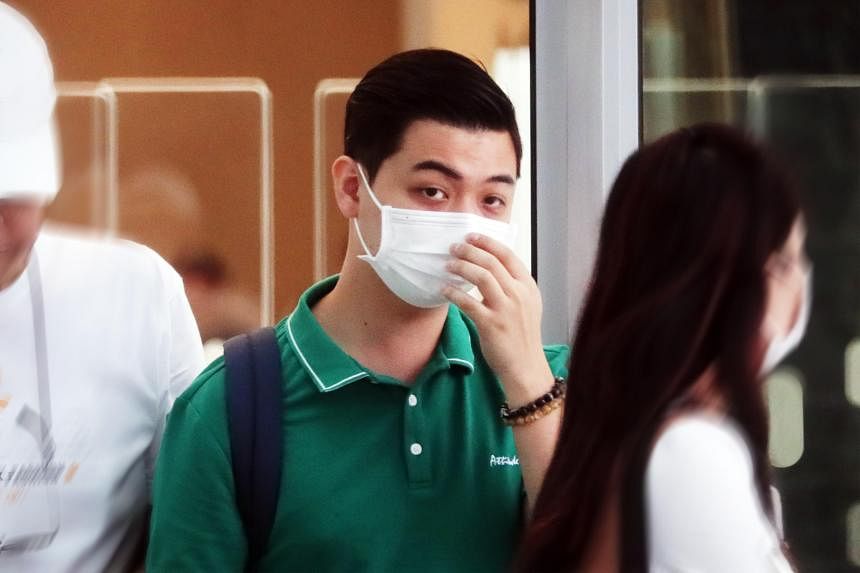

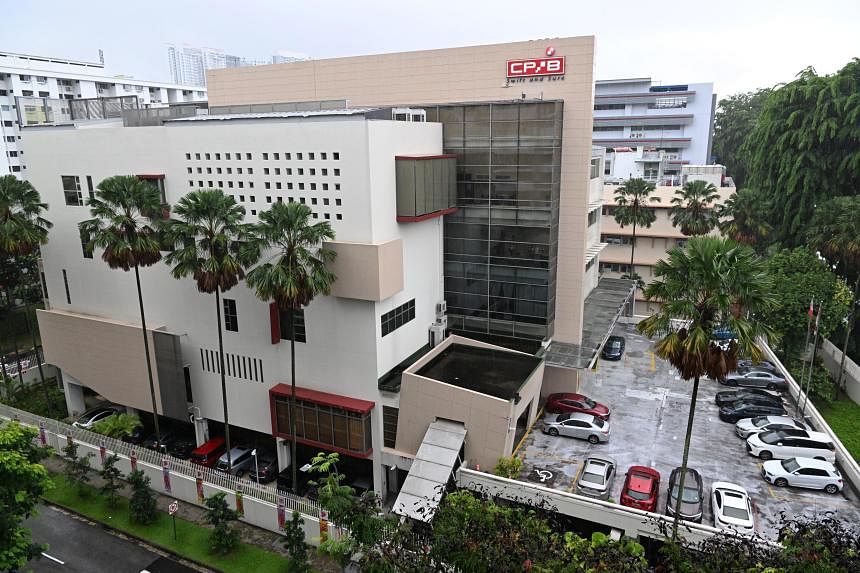

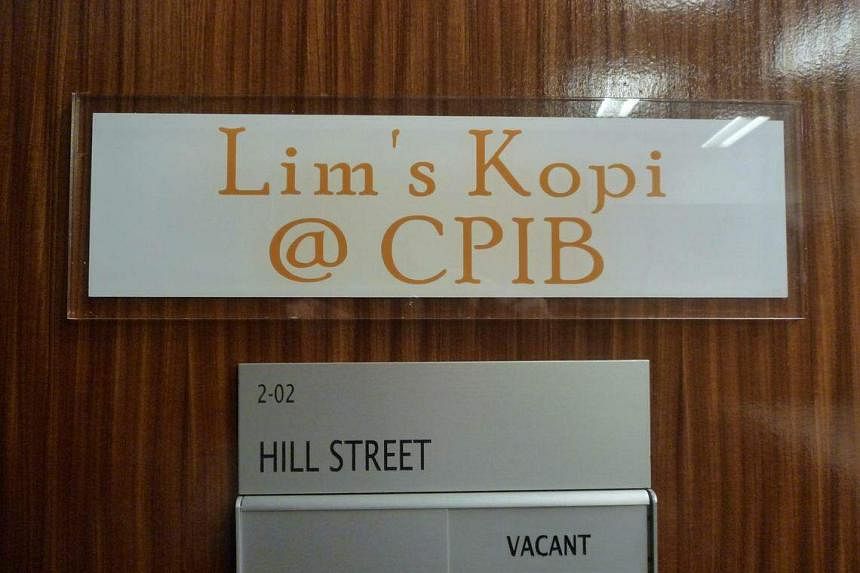
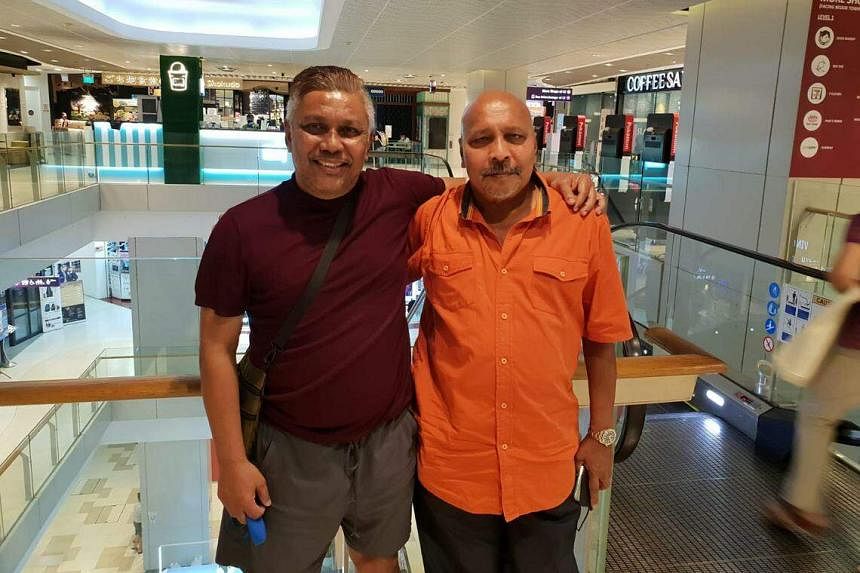
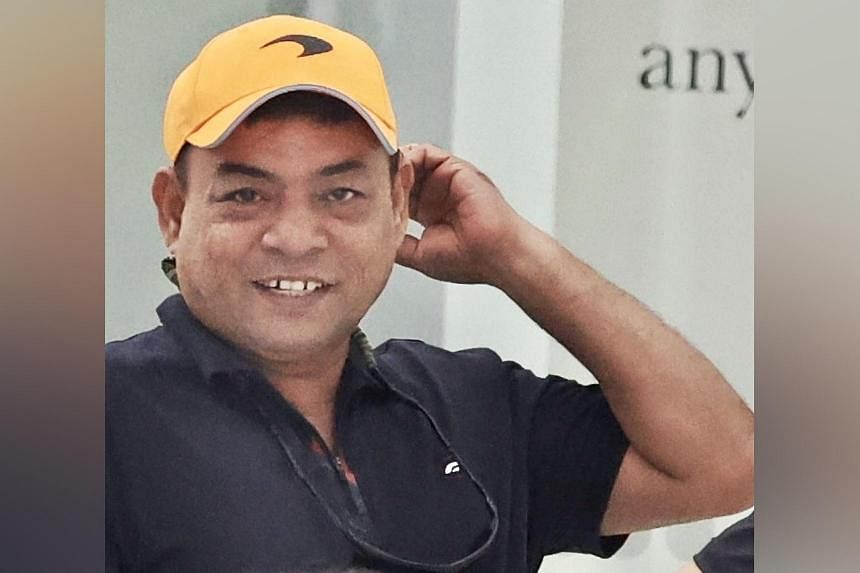

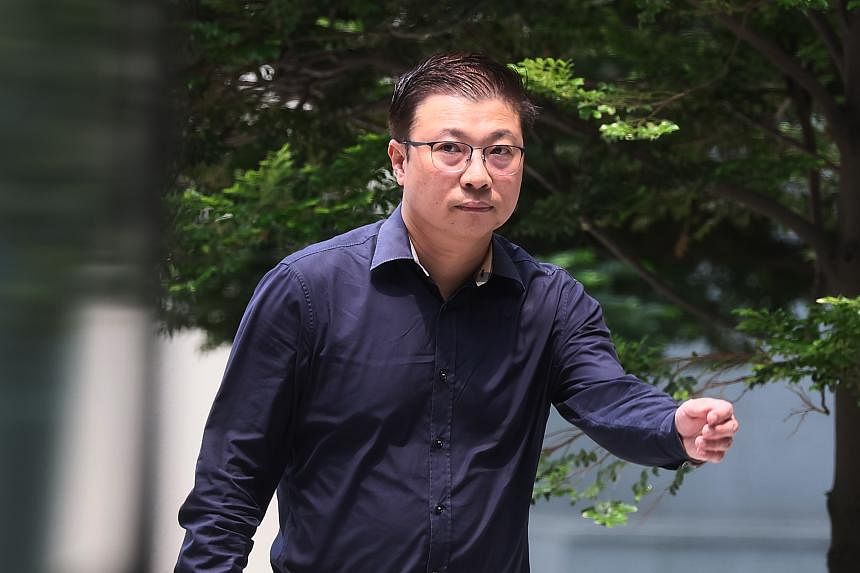
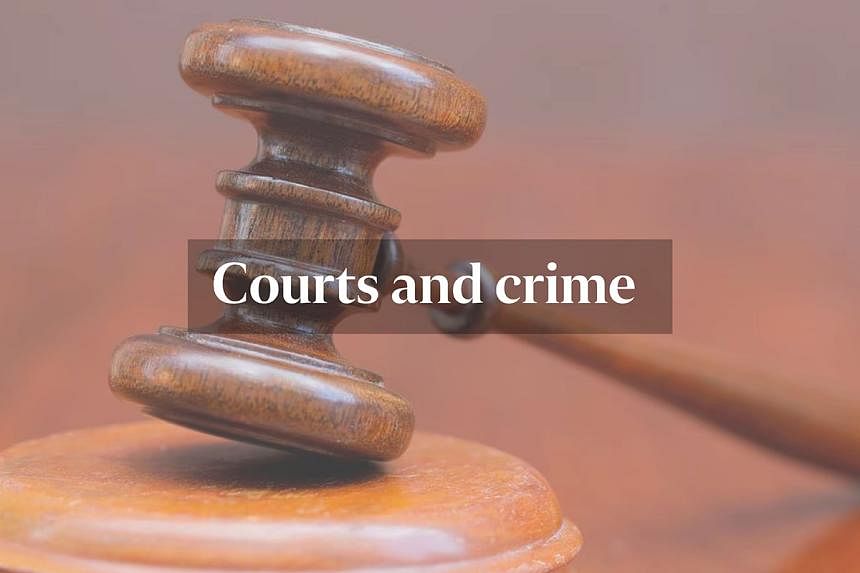
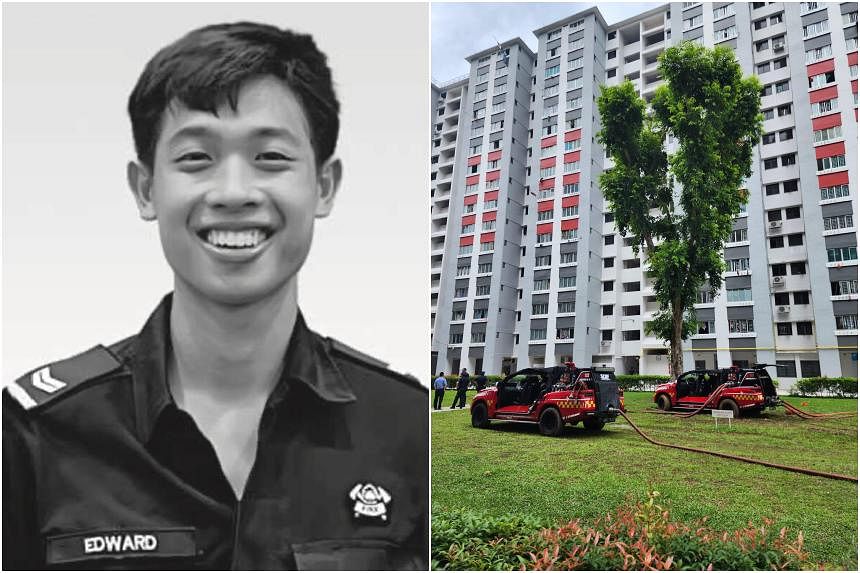
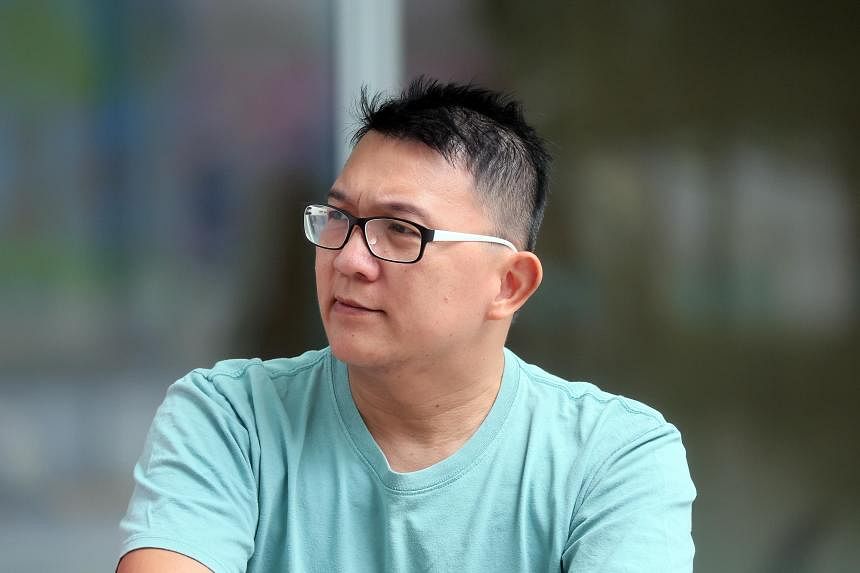






 AdLocal HDB Seller Nets $1.31 Million in Less Than a WeekPropseller
AdLocal HDB Seller Nets $1.31 Million in Less Than a WeekPropseller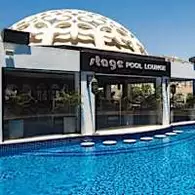 AdUp to -50% off with code 24HDAYS10Happy Days: Book your hotel with up to -50% off using code 24HDAYS10Barceló Hotel Group
AdUp to -50% off with code 24HDAYS10Happy Days: Book your hotel with up to -50% off using code 24HDAYS10Barceló Hotel Group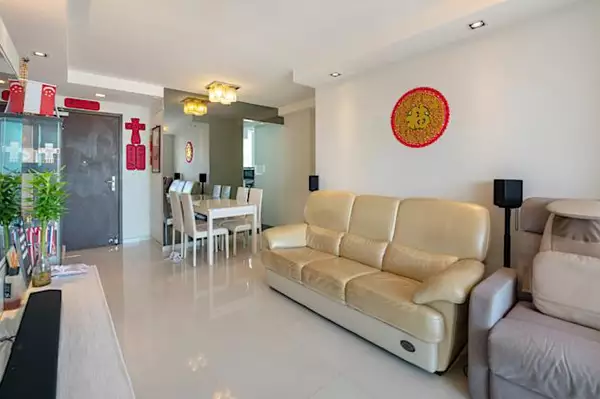 AdThis Is How HDB Sellers Sold Their Unit At $1.09M In 9 DaysPropseller
AdThis Is How HDB Sellers Sold Their Unit At $1.09M In 9 DaysPropseller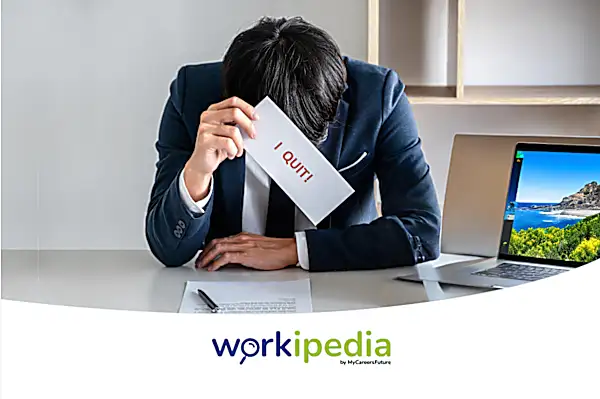 Ad7 Things to Consider Before Resigning From Your JobWorkforce Singapore
Ad7 Things to Consider Before Resigning From Your JobWorkforce Singapore AdWindow Air Conditioners Without An Exhaust Air Hose: A Clever Solution For Your HomeDuctless Air Condition | Search Ads
AdWindow Air Conditioners Without An Exhaust Air Hose: A Clever Solution For Your HomeDuctless Air Condition | Search Ads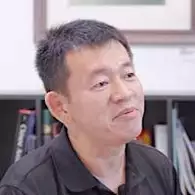 AdFrom diabetic to non-diabetic: A S’porean 9-month journeyNOVI Health helps diabetic patients holistically by integrating clinical treatments with behavioural and lifestyle interventions through tech.NOVI Health
AdFrom diabetic to non-diabetic: A S’porean 9-month journeyNOVI Health helps diabetic patients holistically by integrating clinical treatments with behavioural and lifestyle interventions through tech.NOVI Health AdSalary Adjustments in 2024: What to ExpectWorkforce Singapore
AdSalary Adjustments in 2024: What to ExpectWorkforce Singapore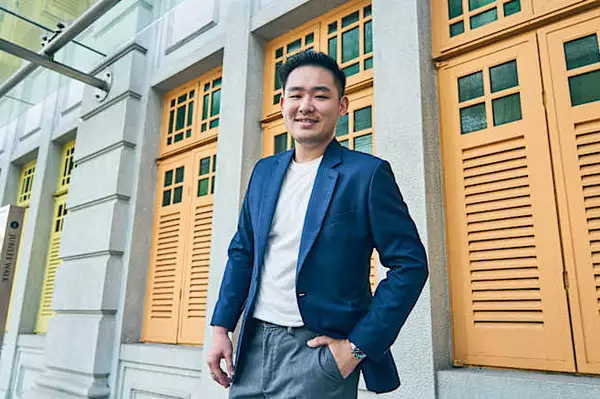 AdMeet the systems engineer defending the nation's cyberspaceSCHOLARS' CHOICE
AdMeet the systems engineer defending the nation's cyberspaceSCHOLARS' CHOICE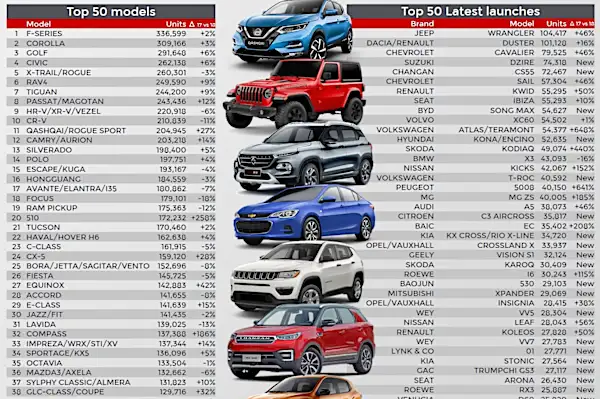 AdWhat’s my car worth? Online Calculator for Car Resalefind out the value in a few clicks of cars and motorcyclesTrendingResults
AdWhat’s my car worth? Online Calculator for Car Resalefind out the value in a few clicks of cars and motorcyclesTrendingResults AdMaids Will Do Deep House Cleaning At These Rates. Check Here.Cleaning Services | Search Ads
AdMaids Will Do Deep House Cleaning At These Rates. Check Here.Cleaning Services | Search Ads AdEarly Warning Signs Of Colon Cancer Many Might Not Know AboutColon Cancer Treatment | Search Ads
AdEarly Warning Signs Of Colon Cancer Many Might Not Know AboutColon Cancer Treatment | Search Ads AdFree data roaming for Malaysia, Indonesia, Thailand, Taiwan and South Korea.StarHub
AdFree data roaming for Malaysia, Indonesia, Thailand, Taiwan and South Korea.StarHub AdSavvyEndowment 16 Launch Promo Till 31 Jul Only. T&Cs Apply.DBS
AdSavvyEndowment 16 Launch Promo Till 31 Jul Only. T&Cs Apply.DBS AdGlow with Guardian! Enjoy great savings with participating top brands.Until 31 Jul!Guardian SG
AdGlow with Guardian! Enjoy great savings with participating top brands.Until 31 Jul!Guardian SG




